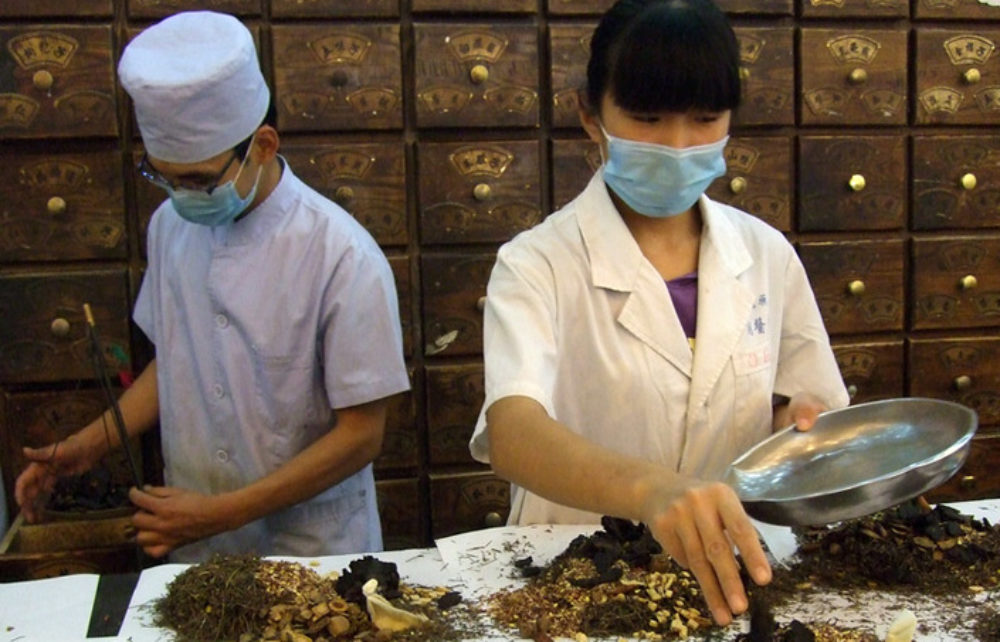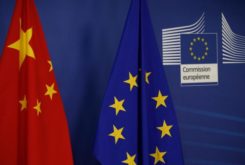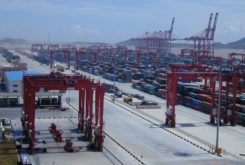Portuguese pharmaceutical company Tecnophage aims to launch a supplement in Europe this year with “very promising” results in Parkinson’s disease, based on research by the University of Macau.
Tecnophage’s executive director, Miguel Garcia, told Lusa that the biotechnology company is “in the last steps” of the molecule’s toxicity tests, which should be concluded “in the first quarter”.
The pharmaceutical company is already “developing a dossier to be able to move forward from a regulatory point of view” for registration as a food supplement “in Europe and then perhaps in the United States”, explained Garcia.
Garcia underlined that the results of tests on the effectiveness of the molecule, carried out on animals, in the laboratory of University of Macau professor Simon Lee Ming Yuen, “are very promising”.
Tests have shown that it can reduce memory loss and movement control, symptoms of “neurocognitive degeneration” caused not only by Parkinson’s disease, but also by Alzheimer’s disease, Simon Lee told Lusa.
The Chinese researcher explained that the option for a food supplement allows the product “to be on supermarket shelves earlier and to become better known”.
Cabo Verde working with Macau Industrial Park to implement traditional Chinese medicine
Miguel Garcia assured that Tecnophage’s ultimate goal is to launch a drug, but recalled that the approval process requires “a series of clinical trials” and therefore “takes many more years and a lot of money spent”.
The molecule was isolated from “alpinia oxyphylla”, a small ginger-like fruit that is used “not only in traditional Chinese medicine, but also, especially in the south, in Guangdong, as part of dietary therapy,” said Simon Lee.
The researcher defended that the bet on the Western method of isolating chemical molecules and registering them to attract investment is the way to bring “the treasures of traditional wisdom” to a wider audience.




